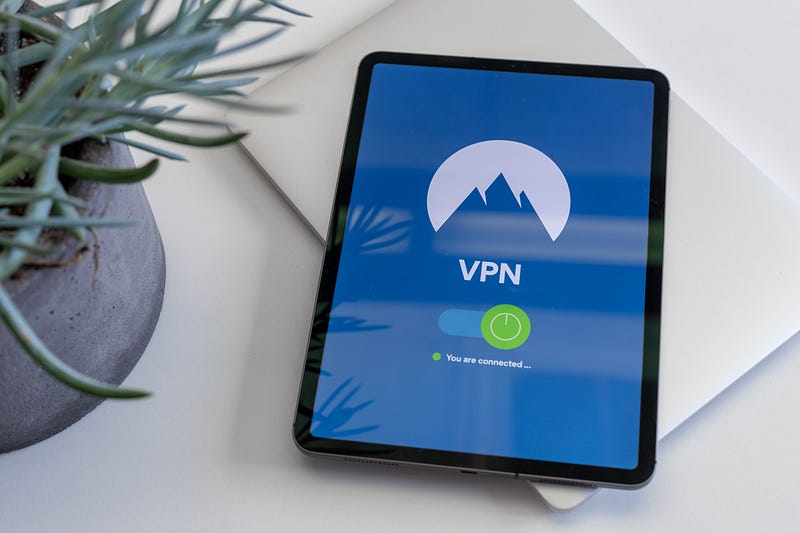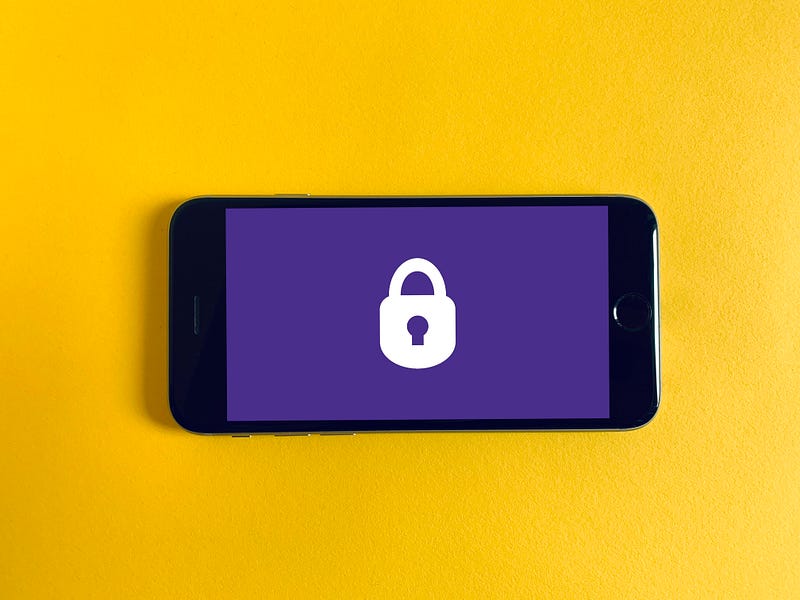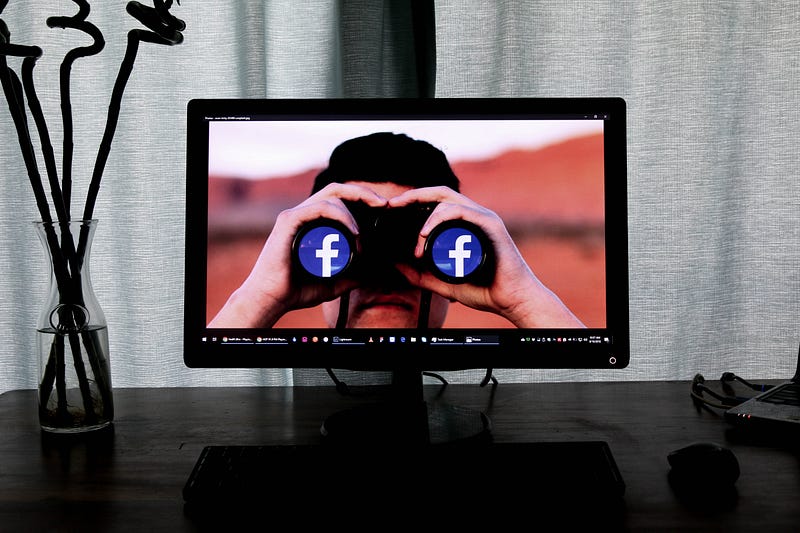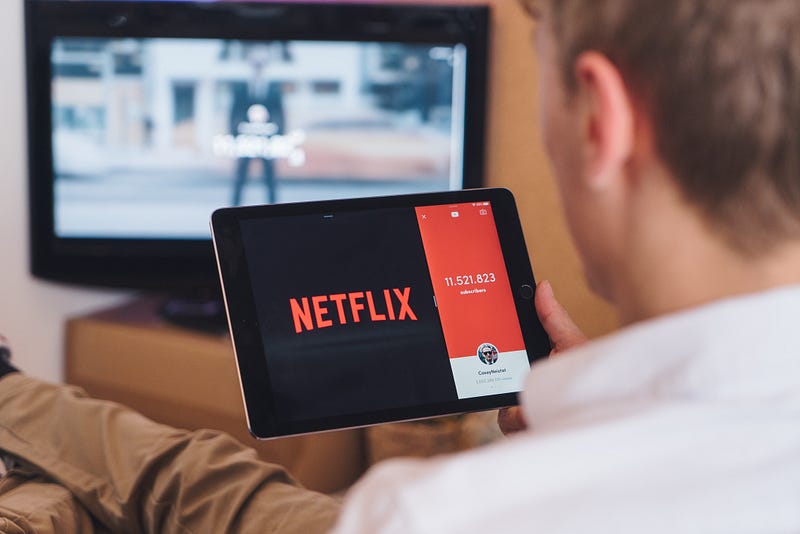TECHNOLOGY EXPLAINED
Protect Your Online Identity with a VPN

A VPN, or virtual private network, is a service that creates an encrypted connection between your device and a remote server that is operated by a VPN provider.
People use a VPN for all kinds of things, but the main benefits are security, privacy, and the ability to access content that is not available in your country. Here’s what else you need to know.
1. Security
One of the main benefits of using a VPN is that it can increase your security on public and private internet connections.
When you connect to the internet without a VPN, your data can be intercepted by hackers, spammers, Internet Service Providers (ISPs), and other third parties who can monitor your online activity and steal your personal information.
A VPN can prevent this by encrypting your data and hiding your IP address. This makes it harder for someone to track or identify you online.
Using a VPN can also protect you from malicious websites that may try to infect your device with malware or spyware. Features like a firewall, ad-blocking, and anti-malware scanning are often included to enhance your security when browsing online.
VPNs are perfect when you are on a guest Wi-Fi network like a hotel or a coffee shop. These connections are typically unsecured and can leave you vulnerable to attacks if you are checking your bank details or logging into websites with personal information.

2. Privacy
Another benefit of using a VPN is that it can enhance your privacy online.
Today, apps and websites constantly track your online activity, analyze the data they collect, and use it to target you with ads or sell it to third parties.
Your ISP can also see everything you do online and may throttle your bandwidth or impose data caps based on your usage. A VPN can help you avoid these privacy issues by hiding your true IP address, location, and search history.
A VPN can also help you bypass censorship and government surveillance when traveling abroad.
Some countries restrict or forbid access to social media platforms, or censor certain content based on political or religious reasons. A VPN can help you access these websites by changing your IP address to make it look like you are browsing from a location that does allow access.
However, it is important to be mindful that some countries may have penalties for using a VPN to circumvent their rules, so always check the local laws before using a VPN.

3. Access
The third benefit of using a VPN is that it can give you access to content from other countries. Streaming services like Netflix, sporting events, or gaming servers are all popular examples that draw people to VPNs.
Some content providers use geo-blocking techniques to limit their services based on the user’s location. When I visit friends and family in the UK, I immediately notice that Netflix offers different libraries of movies and shows compared to what I watch in the United States.
A VPN can help you access this content from your home country by changing your IP address to make it appear that you are in another country where the content is available. You still need an account for the service you are trying to access, but it can be a great way to find new shows to watch.
A VPN can also help you avoid bandwidth throttling by ISPs who may slow down your internet speed on certain websites, or at different times of the day based on their network congestion or business interests.
It does this by encrypting your traffic and disguising its destination so that ISPs cannot see what websites you are visiting or how much data you are consuming.

Conclusion
As you can see, there are many reasons why you should use a VPN. However, not all VPNs are created equal, so make sure to choose one that suits your needs and preferences.
Some factors to consider when selecting a VPN include speed, reliability, features, price, and customer support. If you want some recommendations, check out Proton VPN, NordVPN, SurfShark, or ExpressVPN. They are proven providers with the protection and security you need to stay safe online.
Still here? Great! I’m glad you made it to the end. If you enjoyed this article, here are some ways to show your appreciation:
- 👏 Click the hands to clap for this story!
- 📫 Subscribe to get all my latest posts
- 👋 Follow me on Medium
- Not a Medium member? Sign up with my exclusive referral link and get full access to everything on Medium for $5 per month or $50 annually.

